Here are the materials so far in Mashkikii Boodawaaning (Medicine Fireplace) Inc. v. Chippewa Valley Agency Ltd. (W.D. Wis.):
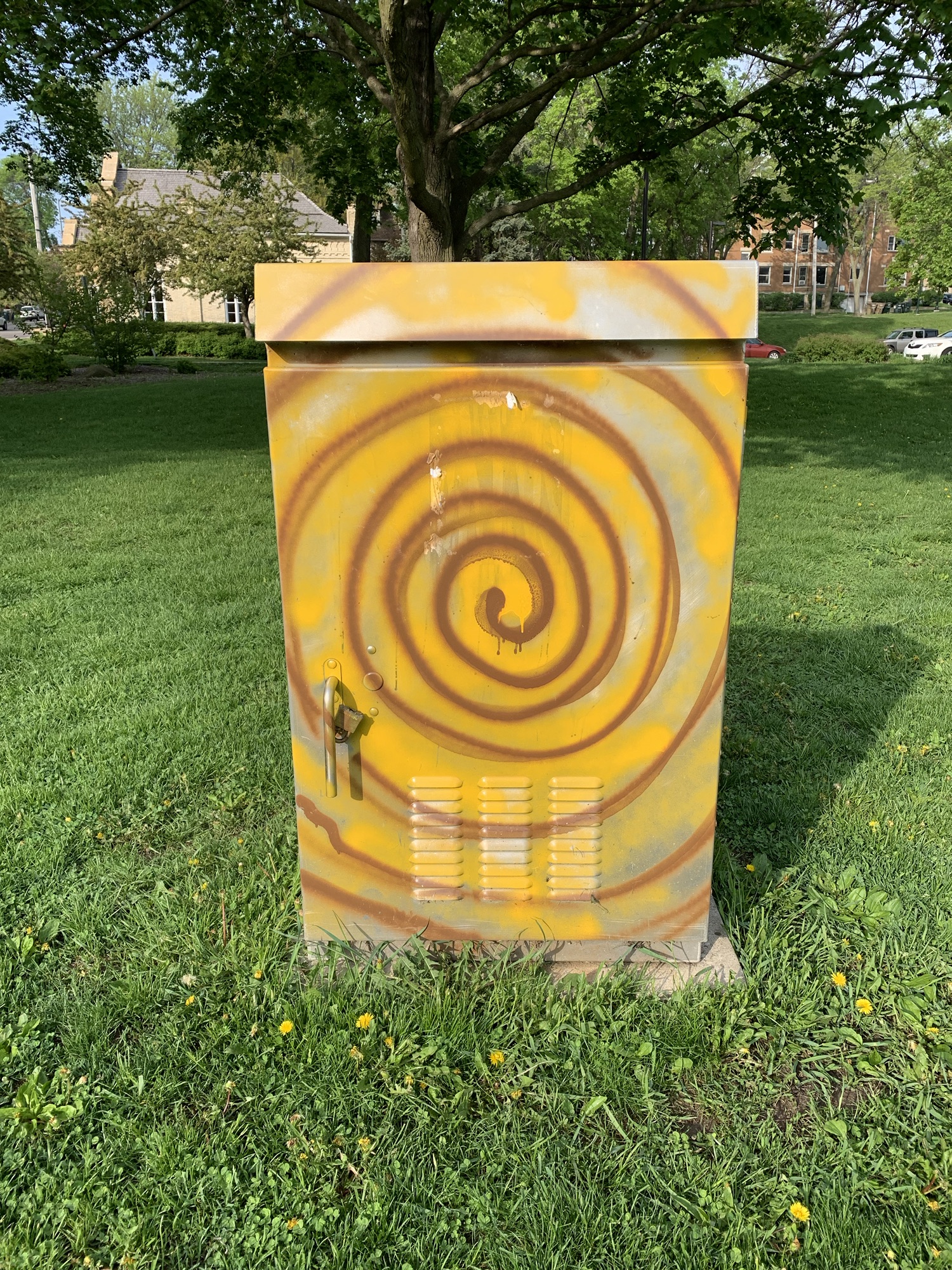
Here are the materials so far in Mashkikii Boodawaaning (Medicine Fireplace) Inc. v. Chippewa Valley Agency Ltd. (W.D. Wis.):

Ezra Rosser has published “Progress and the Taking of Indigenous Land” in the Ohio State Law Journal.
Here is the abstract and some images supplied by Ezra:
The taking of Indigenous land in furtherance of other societal goals is so ubiquitous and so fundamental to the American project that sometimes acts of dispossession are not even recognized as such. This Article argues that the generally accepted understanding of Hawaii Housing Authority v. Midkiff, a key case of the American takings law canon, is wrong because it overlooks Native Hawaiian claims to the land taken. Hawai‘i’s Land Reform Act allowed tenants a right to purchase land over the objections of the owner of the underlying property and in Midkiff the U.S. Supreme Court said that states had the right to use their eminent domain authority in such a way. The common understanding of the case is that it is a progressive victory, an example of how government can fight back against inequality and the power of large landowners. But beneath the surface, this Article argues, the case is really about dispossession. By showing how land reform predictably worked to transfer Indigenous land to upper class, relatively wealthy tenants, the Article situates Midkiff within a long history of taking Native land in order to accomplish progressive ends. By seeing Midkiff for what it is—a judicially authorized taking of Indigenous land—the significance of the case within the Property and Indian Law cannons can be more fully appreciated. Indigenous peoples are often forced to pay—in the form of diminishment of their property rights—for progressive victories, with their losses swept under the rug by courts and scholars alike. The Midkiff decision is part of a pattern of treating the property rights of Indigenous peoples as impediments to progress.

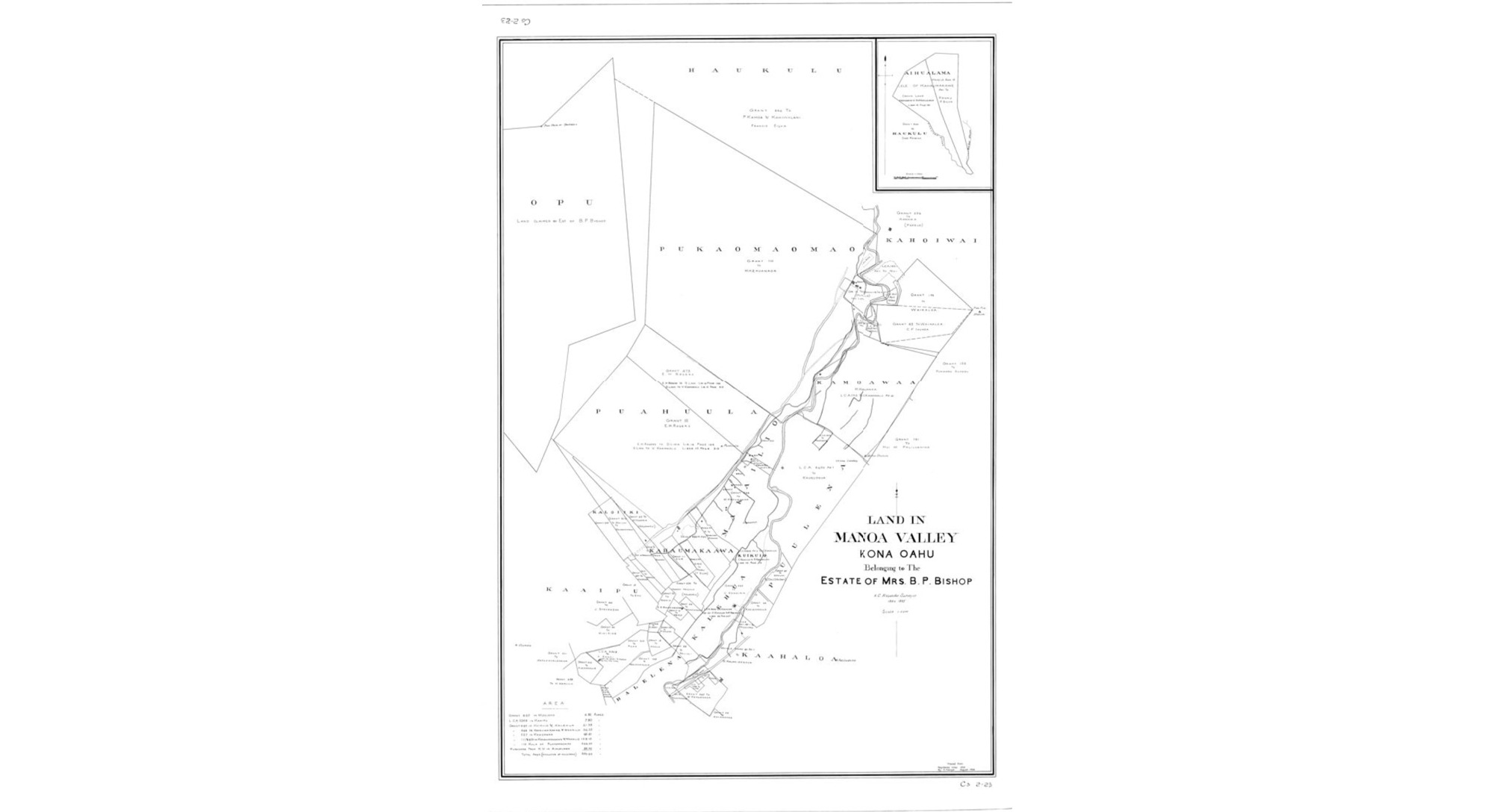

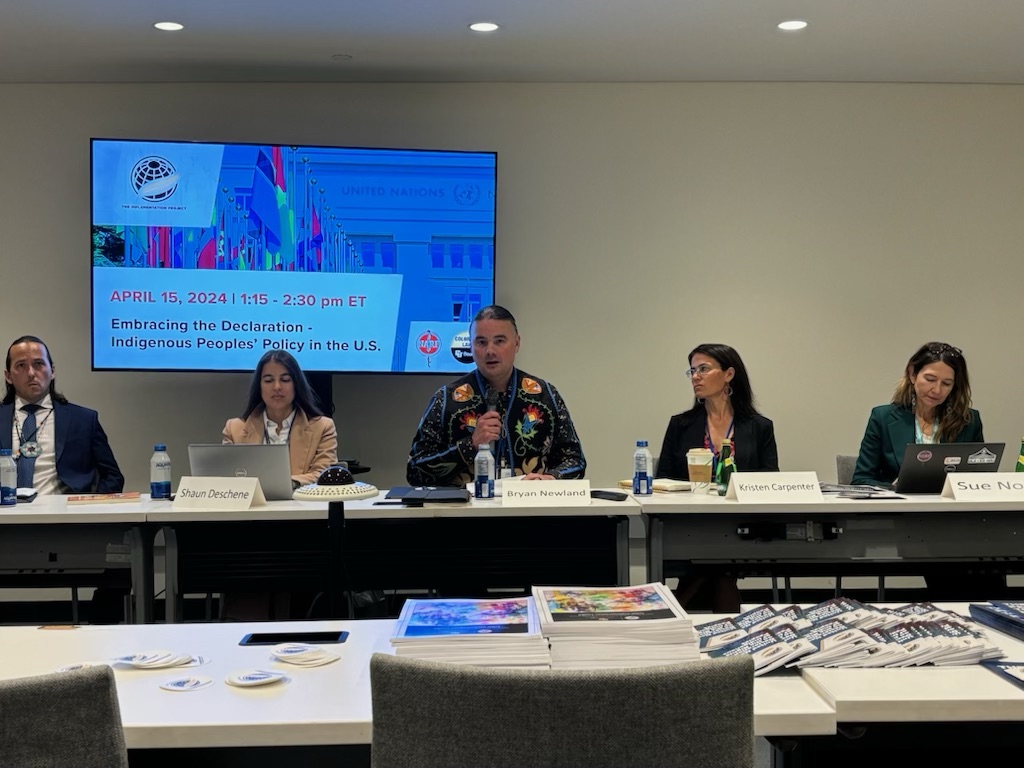
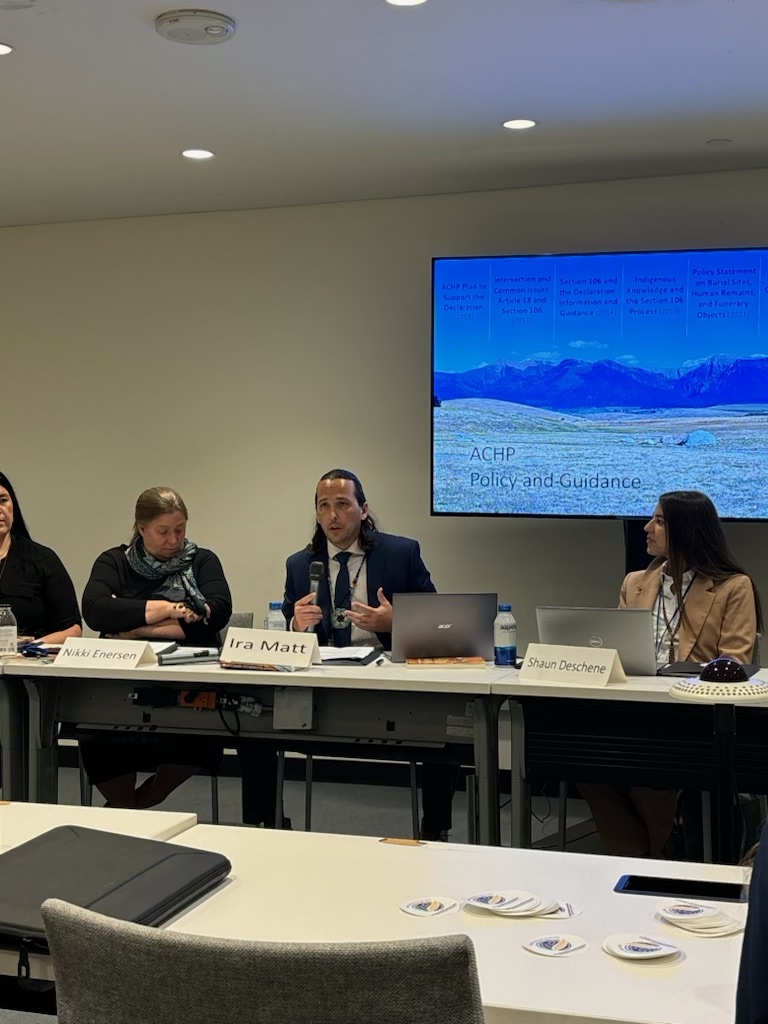
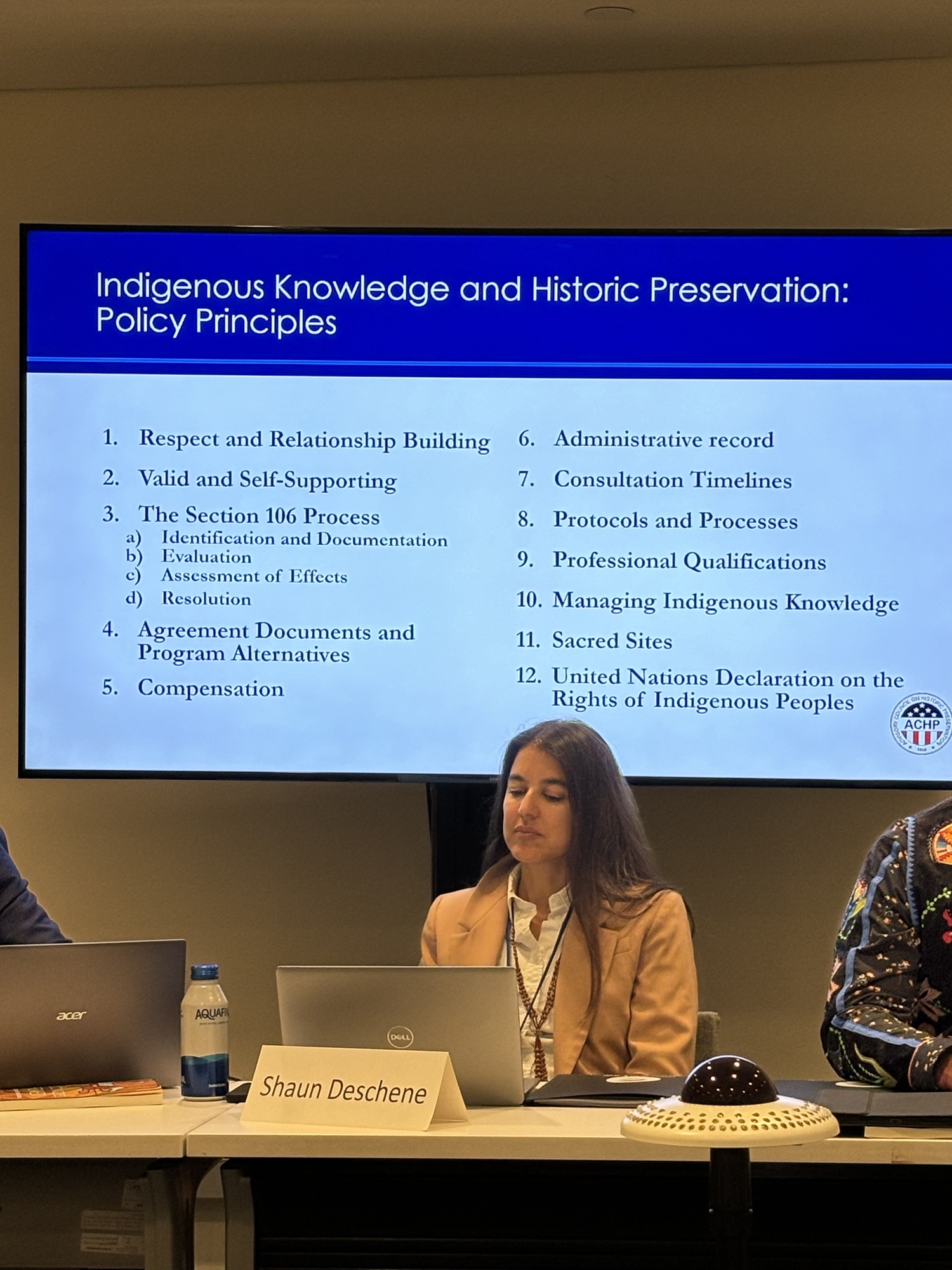

Alexis Studler has published “Reviving Indian Country: Expanding Alaska Native Villages’ Tribal Land Bases Through Fee-to-Trust Acquisitions” in the Michigan Journal of Race & Law.
Here is the abstract:
For the last fifty years, the possibility of fee-to-trust acquisitions in Alaska has been precarious at best. This is largely due to the Alaska Native Claims Settlement Act of 1971 (ANCSA), which eschewed the traditional reservation system in favor of corporate land ownership and management. Despite its silence on trust acquisitions, ANCSA was and still is cited as the primary prohibition to trust acquisitions in Alaska. Essentially, ANCSA both reduced Indian Country in Alaska and prohibited any opportunities to create it, leaving Alaska Native Villages without the significant territorial jurisdiction afforded to Lower 48 tribes. However, recent policy changes from the Department of Interior reaffirmed the eligibility of trust acquisitions post-ANCSA and a proposed rule from the Bureau of Indian Affairs signals a favorable presumption of approval for Alaska Native fee-to-trust applications. This Note reviews the history and controversy of trust acquisitions in Alaska, and more importantly, it demonstrates the methods in which Alaska Native Villages may still acquire fee land for trust acquisitions after ANCSA.

M. Henry Ishtani and Alexandra Fay have published “Revising the Indian Plenary Power Doctrine” in the Michigan Journal of Race & Law.
Here is the abstract:
The federal Indian law doctrine of Congressional plenary power is long overdue for an overhaul. Since its troubling nineteenth-century origins in Kagama v. United States (1886), plenary power has justified invasive Congressional interventions and undermined Tribal sovereignty. The doctrine’s legal basis remains a constitutional conundrum. This Article considers the Court’s recent engagement with plenary power in Haaland v. Brackeen (2023). It argues that the Brackeen opinions may signal judidal readiness to reevaluate the doctrine. The Article takes ahold of Justice Gorsuch’s critical assessment and runs with it, ultimately proposing a method for cleaning up this destructive and constitutionally dubious line of caselaw.
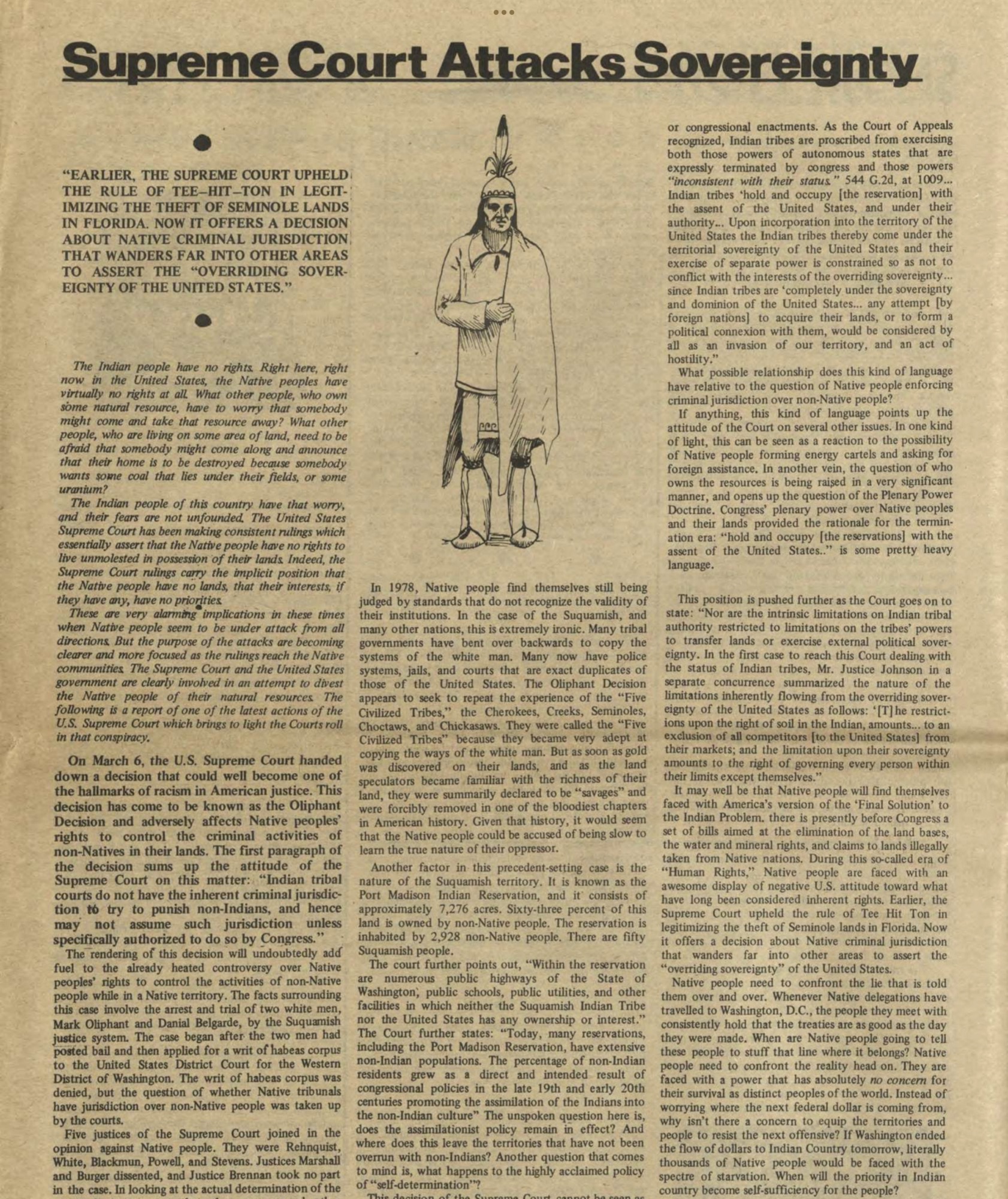
Here are the materials in Sierra Club v. Dept. of Transportation:

You must be logged in to post a comment.